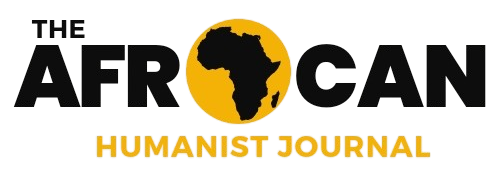In many African communities, a whispered accusation can be enough to destroy a life. Witchcraft accusations, often fuelled by superstition, misinformation, and poverty, have become a scourge on the continent. When people have no explanation for their problems and misfortunes, such as loss of a job, untimely death, illness, or lack of progress in their family or community, they tend to blame it on innocent old men, women, and children. These targeted individuals are often banished and even killed, leaving families and communities shattered.
According to a Gallup poll, on average, 55% of the population believes in witchcraft, with the rate varying from 15% in Uganda to 95% in Ivory Coast. Ghana, the Democratic Republic of Congo, and Tanzania are also among the top 10 countries with strong personal beliefs in witchcraft. This belief, generally associated with magic or quackery, is part of people’s daily lives, both in social and legal spheres.
“Witchcraft” is officially recognized and sanctioned as a crime in these countries. However, accusations of witchcraft are often used to explain misfortune at the community or family level, resulting in gender-based violence, social exclusion, and even death.
The impact of witchcraft accusations on individuals and families cannot be overstated. Those accused are often subjected to physical and emotional torture, forced to flee their homes, and abandoned by their communities. Women and children are disproportionately affected, with many forced into hiding or seeking refuge in crowded urban centres.
One such story is that of my friend Emmanuel’s grandmother, a Ninety-five year-old mother of three from a small village in Ghana. Accused of witchcraft by her own family members, the old woman was falsely accused of killing her three children who lived abroad and her grandson Emmanuel, who had just gained admission to a prestigious university. The insults and harsh treatment from her family members made her life truly miserable, leading to her death.
According to Rev, Dr. Johnson Mbillah, a Ghanaian pastor and human rights activist, “We need to promote education, critical thinking, and empathy. We must also strengthen our laws and policies to protect the vulnerable.”
We must speak up for those who cannot speak for themselves, speak the rights of all who are destitute. Speak up and judge fairly; defend the rights of the poor and needy.
We must stand up for the truth and defend the innocent, especially when there is no proof or evidence. As I conclude, it is essential that we prioritize empathy and critical thinking. We must recognize that those accused of witchcraft are not just statistics or headlines – they are human beings, deserving of dignity and respect.
We urge governments, civil society organizations, and community leaders, especially our religious leaders, to take concrete action to address this crisis. We must work together to create a world where no one is targeted, ostracized, or killed because of a whispered accusation. Let us stand in solidarity with those accused of witchcraft and work towards a brighter, more just future. Remember, together we stand as a society and as a continent entirely, let us embrace love among us.
By Akpalu Valeria


